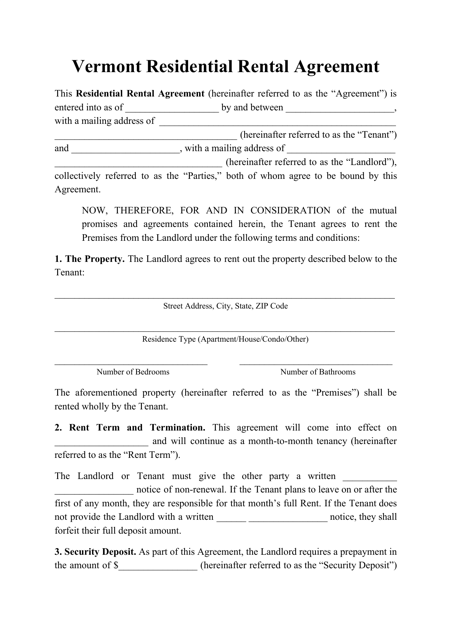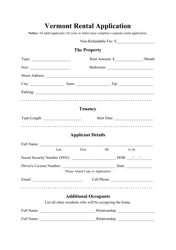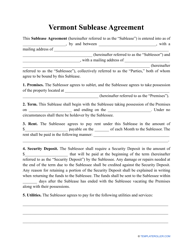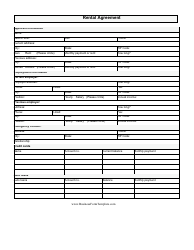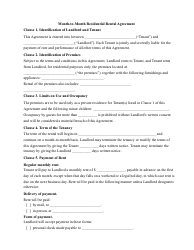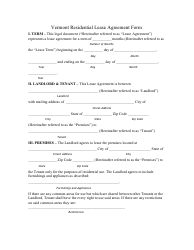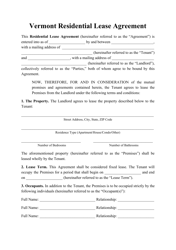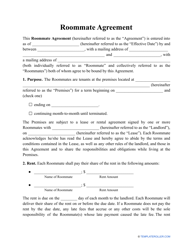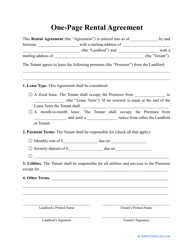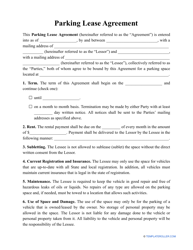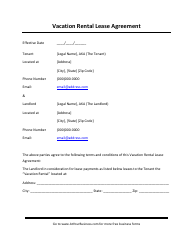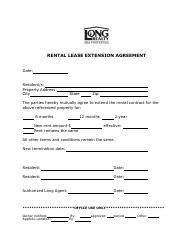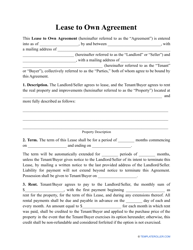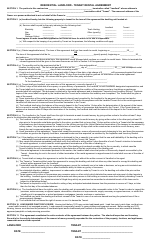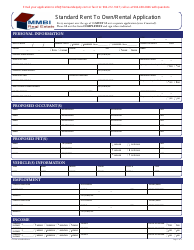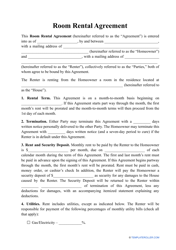Residential Rental Agreement Template - Vermont
The Residential Rental Agreement Template - Vermont is a standardized form that landlords and tenants in Vermont can use to create a legally binding rental agreement for residential properties. It outlines the terms and conditions of the rental arrangement, including rent amount, lease duration, and responsibilities of both parties.
The Residential Rental Agreement Template in Vermont is typically filed by the landlord or property owner.
FAQ
Q: What is a residential rental agreement?
A: A residential rental agreement is a legal document that outlines the terms and conditions of a rental arrangement between a landlord and a tenant.
Q: Is a rental agreement the same as a lease?
A: No, a rental agreement and a lease are different. A rental agreement is typically used for short-term rentals, while a lease is a long-term rental contract.
Q: What should be included in a residential rental agreement?
A: A residential rental agreement should include the names of the landlord and tenant, the rental property address, the duration of the rental, the amount of rent and security deposit, and any specific terms and conditions.
Q: Is a written rental agreement required in Vermont?
A: No, a written rental agreement is not required in Vermont, but it is highly recommended to have one to avoid any potential disputes.
Q: Can the landlord increase the rent during the rental period?
A: In Vermont, the landlord can only increase the rent if the rental agreement includes a provision allowing for rent increases during the rental period.
Q: What are the tenant's responsibilities in a rental agreement?
A: The tenant is responsible for paying the rent on time, maintaining the rental property, and abiding by the terms and conditions of the rental agreement.
Q: Can the landlord enter the rental property without permission?
A: In Vermont, the landlord must provide notice and obtain consent from the tenant before entering the rental property, except in cases of emergency.
Q: What happens if either the landlord or tenant violates the rental agreement?
A: If either the landlord or tenant violates the rental agreement, the other party may take legal action to enforce the terms of the agreement or seek damages.
Q: Can the tenant sublease the rental property?
A: In Vermont, the tenant can sublease the rental property with the written consent of the landlord, unless the rental agreement explicitly prohibits subleasing.
Q: How can a rental agreement be terminated?
A: A rental agreement can be terminated by the landlord or tenant giving written notice to the other party as specified in the rental agreement or according to Vermont's landlord-tenant laws.
